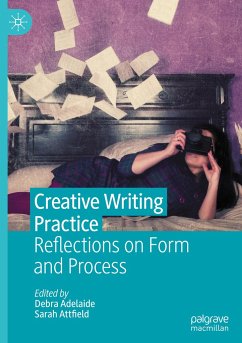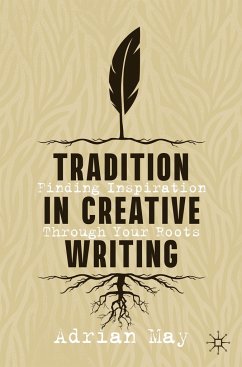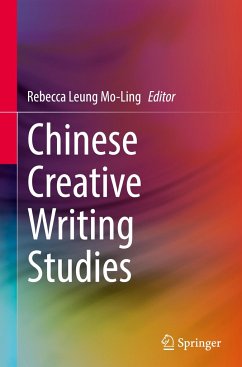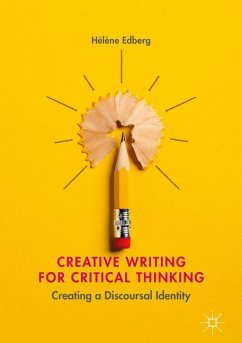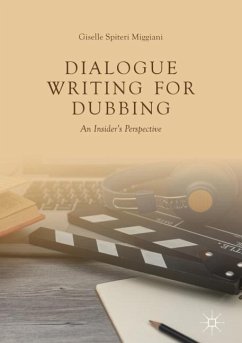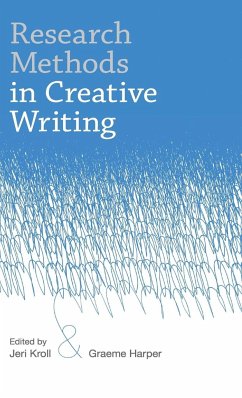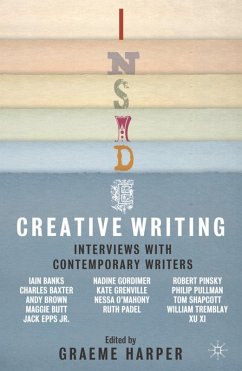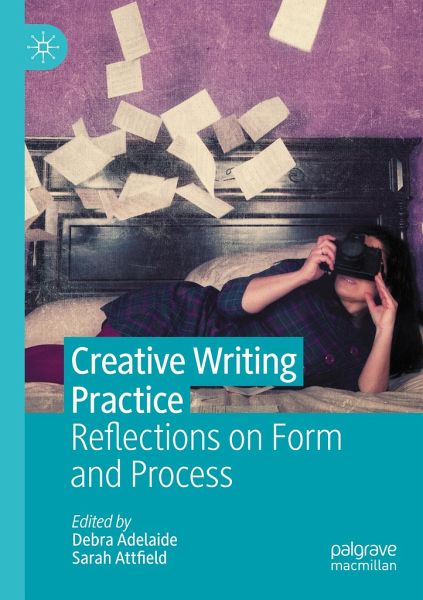
Creative Writing Practice
Reflections on Form and Process
Herausgegeben: Adelaide, Debra; Attfield, Sarah
Versandkostenfrei!
Versandfertig in 6-10 Tagen
98,99 €
inkl. MwSt.

PAYBACK Punkte
49 °P sammeln!
Creative Writing Practice: reflections on form and process explores the craft of creative writing by illuminating the practices of writers and writer-educators. Demonstrating solutions to problems in different forms and genres, the contributors draw on their professional and personal experiences to examine specific and practical challenges that writers must confront and solve in order to write.This book discusses a range of approaches to writing, such as the early working out of projects, the idea of experimentation, of narrative time, and of failure. With its strong focus on process, Creative...
Creative Writing Practice: reflections on form and process explores the craft of creative writing by illuminating the practices of writers and writer-educators. Demonstrating solutions to problems in different forms and genres, the contributors draw on their professional and personal experiences to examine specific and practical challenges that writers must confront and solve in order to write.
This book discusses a range of approaches to writing, such as the early working out of projects, the idea of experimentation, of narrative time, and of failure. With its strong focus on process, Creative Writing Practice is a valuable guide for students, scholars and practitioners of creative writing.
This book discusses a range of approaches to writing, such as the early working out of projects, the idea of experimentation, of narrative time, and of failure. With its strong focus on process, Creative Writing Practice is a valuable guide for students, scholars and practitioners of creative writing.



